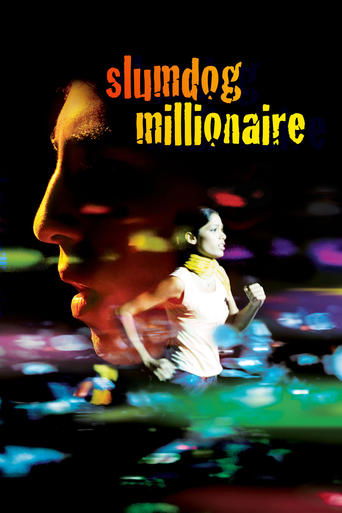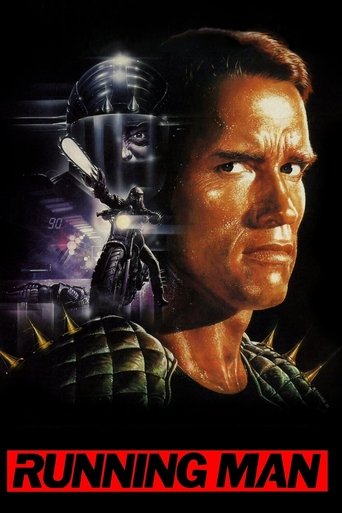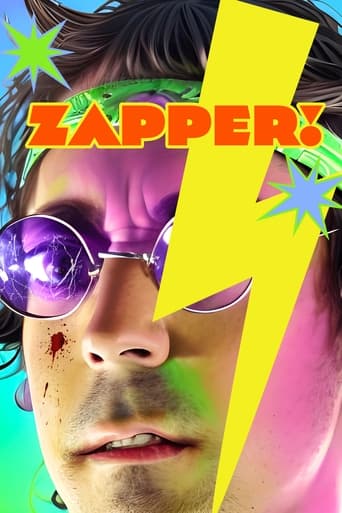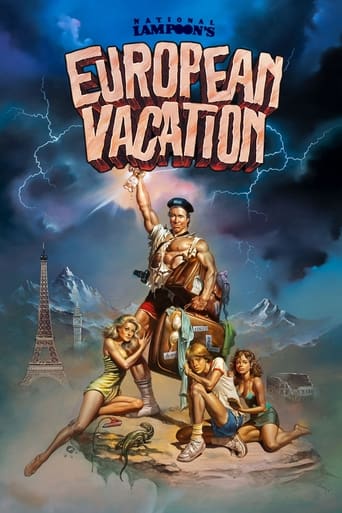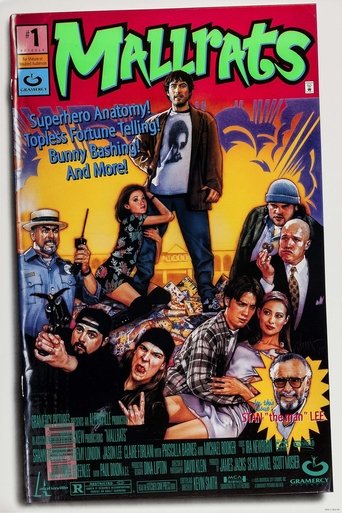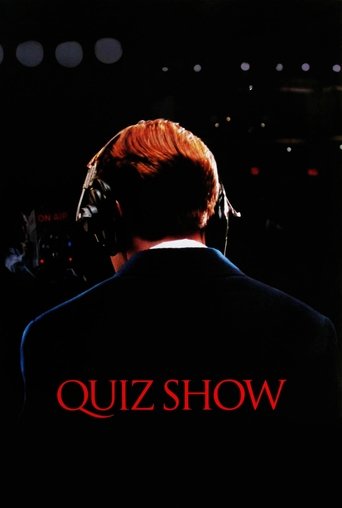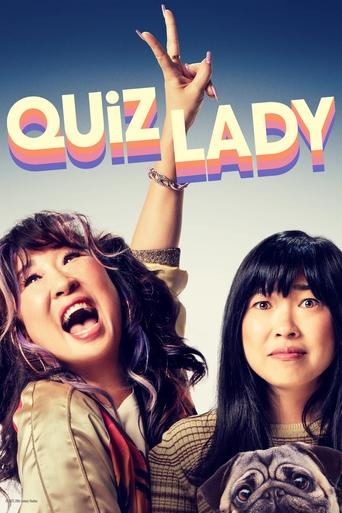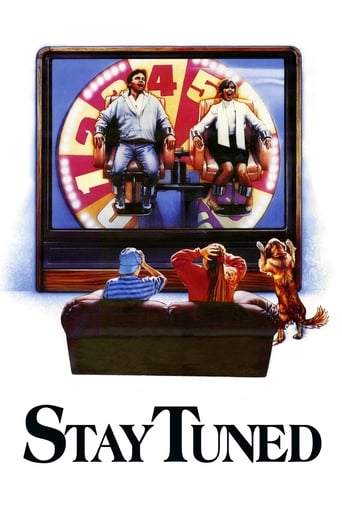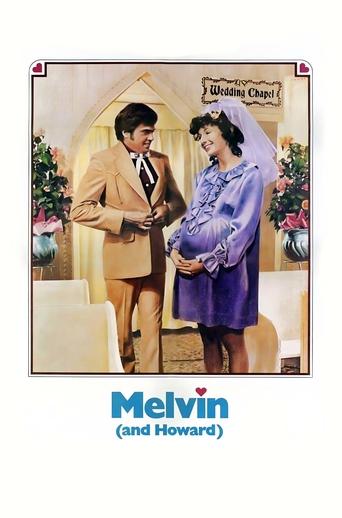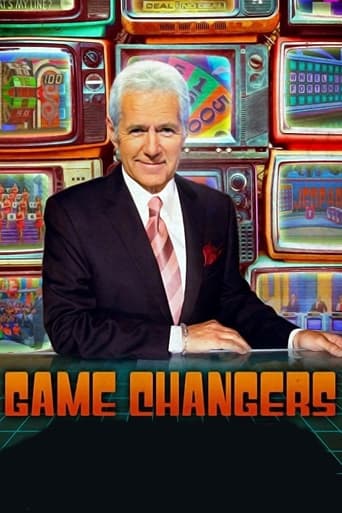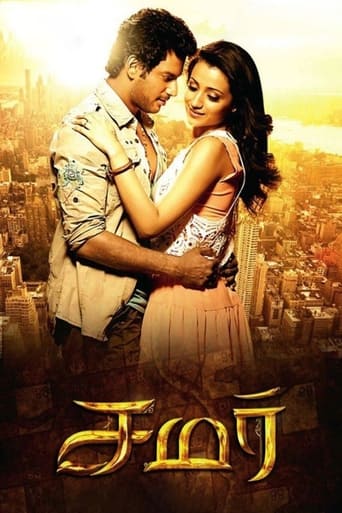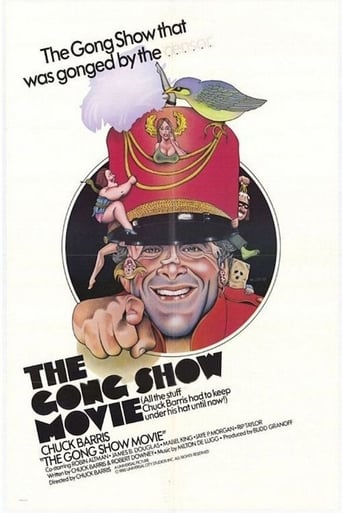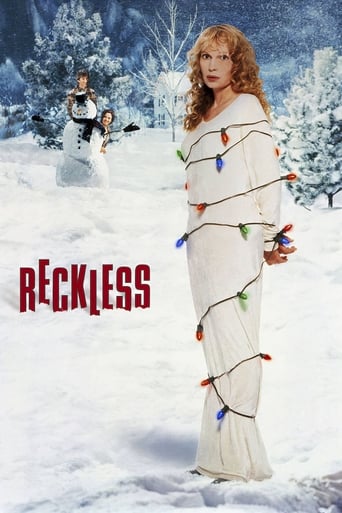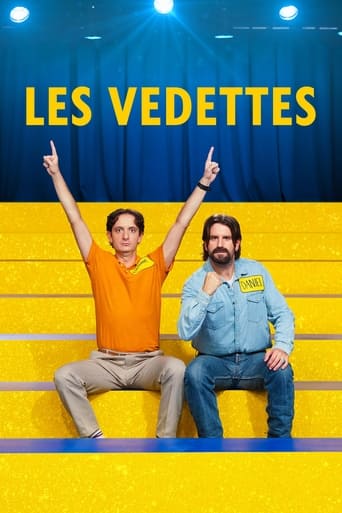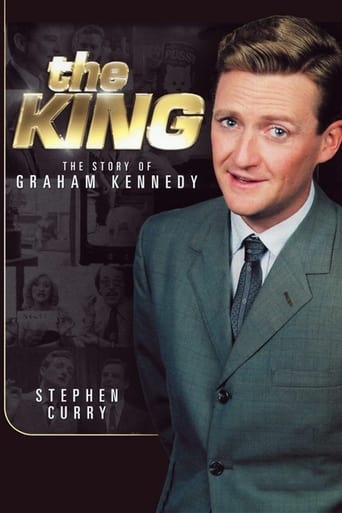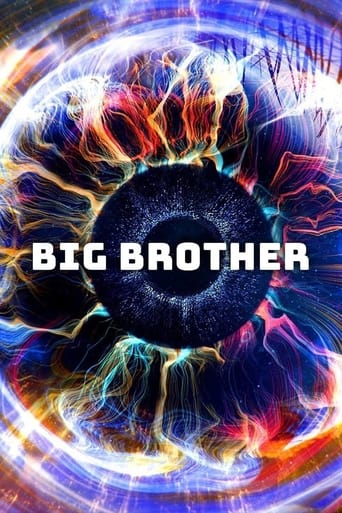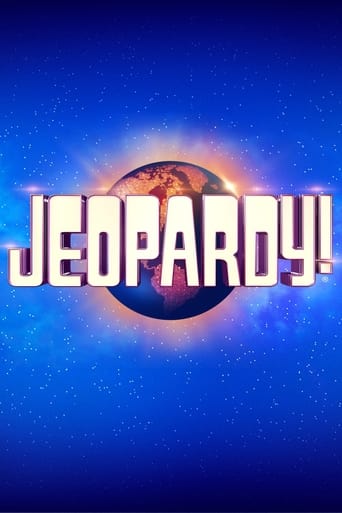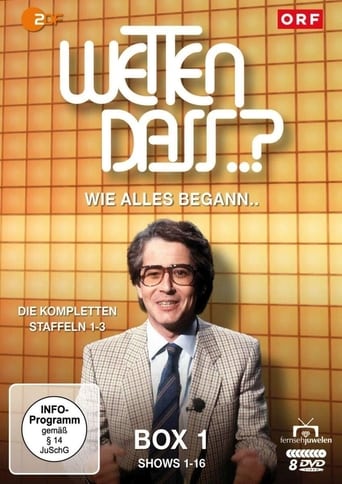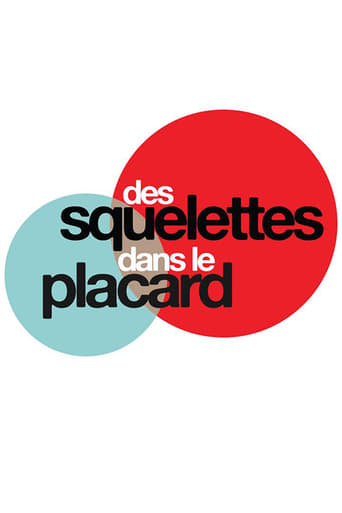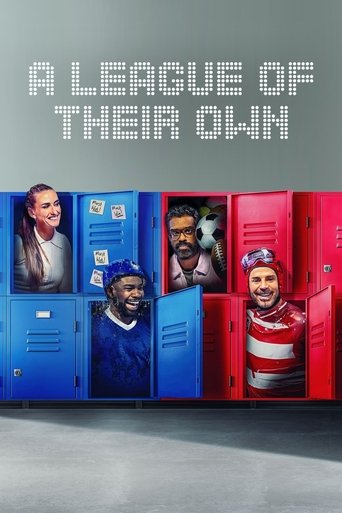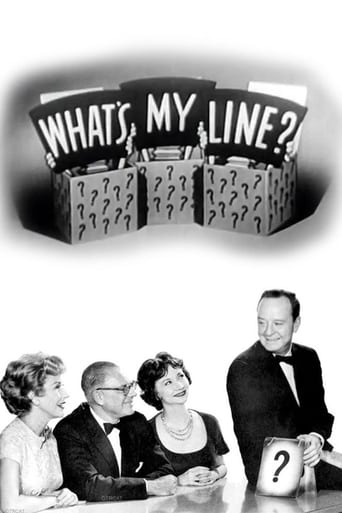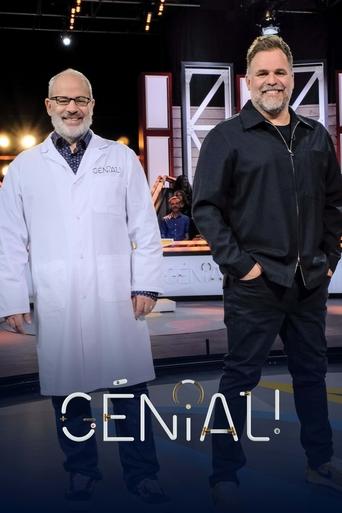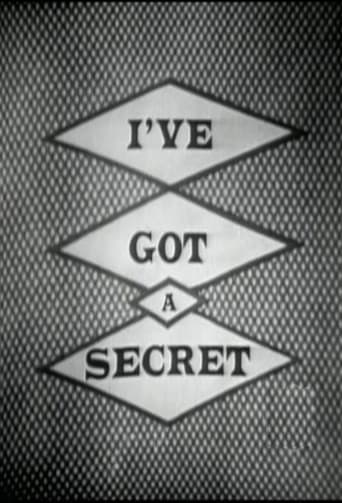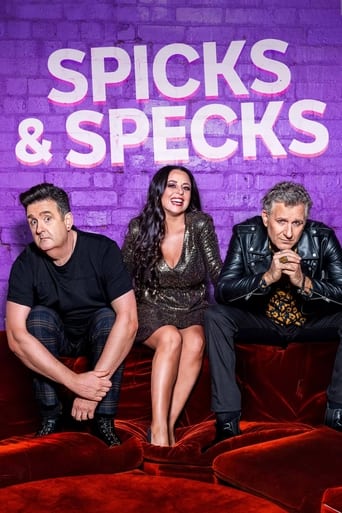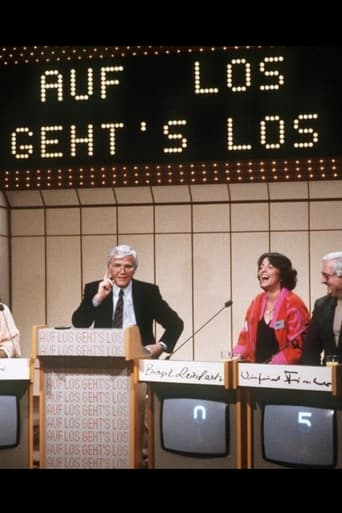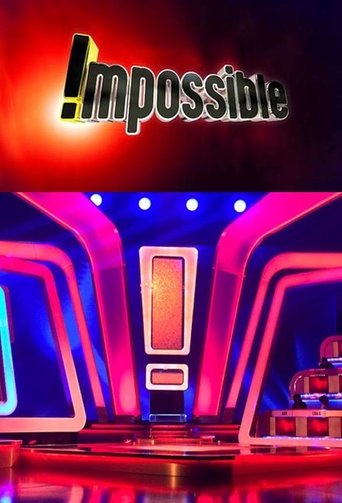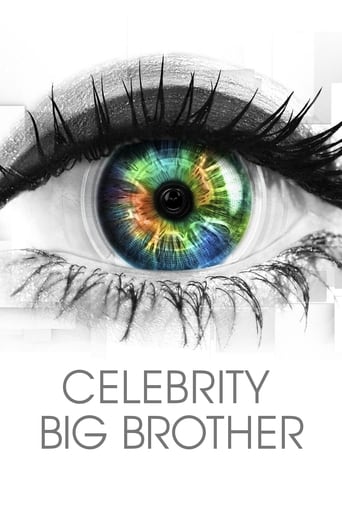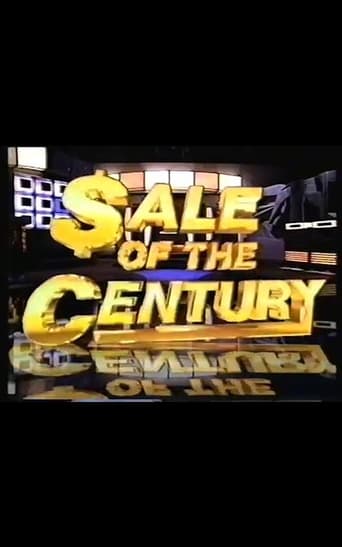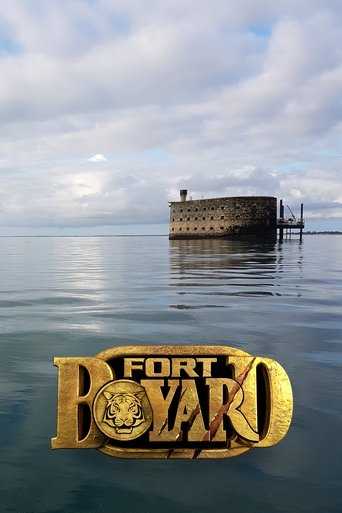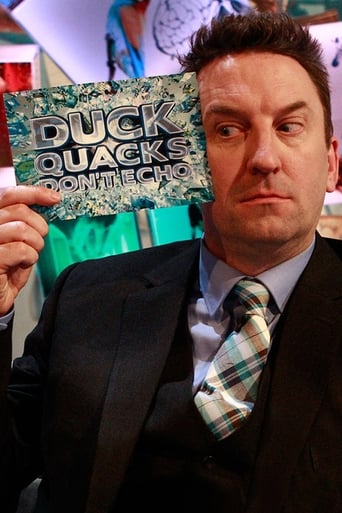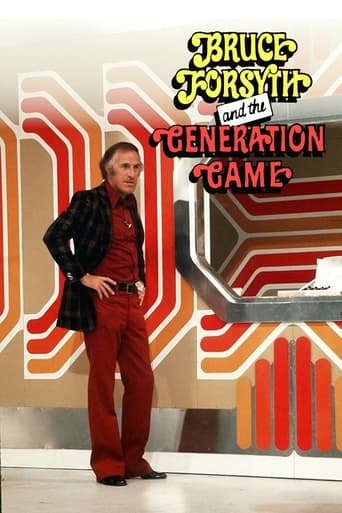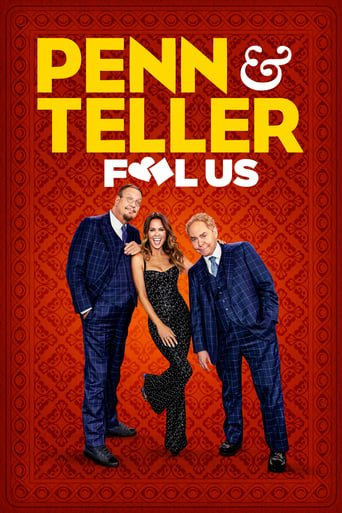ਕੀਵਰਡ Game Show
The Running Man 1987
ZAPPER! 2023
Mallrats 1995
UHF 1989
Quiz Show 1994
Quiz Lady 2023
Stay Tuned 1992
Melvin and Howard 1980
Game Changers 2018
சமர் 2013
The Gong Show Movie 1980
Reckless 1995
Concursante 2007
Les Vedettes 2022
Monster Challenge 2018
The King 2007
Big Brother 2000
A British reality television game show in which a number of contestants live in an isolated house for several weeks, trying to avoid being evicted by the public with the aim of winning a large cash prize at the end of the run.
Jeopardy! 1984
America's favorite quiz show where contestants are presented with general knowledge clues in the form of answers, and must phrase their responses in question form.
Wetten, dass..? 1981
A long-running German-language entertainment television show based on the format of the British show You Bet! and the American show Wanna Bet?.
A League of Their Own 2010
Two teams comprised of comedians, celebrities and sports stars compete against each other in a test of their sporting knowledge, taking place over three rounds.
What's My Line? 1950
Four panelists must determine guests' occupations - and, in the case of famous guests, while blindfolded, their identity - by asking only "yes" or "no" questions.
Génial! 2010
Two teams composed of a known personality and a contestant chosen from the public battle to guess the outcomes of astonishing scientific experiments.
I've Got a Secret 1952
A panel tries to determine a contestant's secret: something that is unusual, amazing, embarrassing, or humorous about that person.
Spicks and Specks 2005
Adam Hills, one of Australia's favourite comedians and winner of Edinburgh's Best of the Fest award, is joined by two team captains, comedian and actor Alan Brough and radio breakfast announcer Myf Warhurst, as well as brave personalities who enjoy having long forgotten embarrassing stories laughed about on national television. Two teams go head to head as they sing, shout and delve deep into the recesses of their collective minds to help earn their team an extremely inglorious victory.
Would I Lie to You? 2007
A comedic panel show featuring team captains Lee Mack and David Mitchell plus two guests per side, hosted by Rob Brydon (formerly Angus Deayton). Each person must reveal embarrassing facts and outrageous lies during a series of different rounds including "Home Truths", "This Is My..." and "Quickfire Lies". It is up to the opposing team to tell tall tales from fantastic facts.
Wheel of Fortune 1981
Wheel of Fortune is an Australian television game show produced by Grundy Television. The program aired on the Seven Network from 1981 to 2004 and November 2005 to July 2006 and is mostly based on the same general format as the original American version of the program. After Wheel of Fortune ended, the format was revived by the Nine Network in 2008 as Million Dollar Wheel of Fortune, until it was cancelled in June 2008 due to low ratings following arguments from long-time host John Burgess concerning why he did not like the show. An earlier unrelated show also titled Wheel of Fortune had been broadcast on the Nine Network. That version had been developed by Reg Grundy as a radio game show before it transferred to television in 1959.
Auf los geht's los 1977
Impossible 2017
Quiz show in which the 30 contestants competing across the series must avoid giving impossible answers to give themselves a chance of winning £10,000.
Celebrity Big Brother 2001
Celebrity Big Brother is a British reality television game show in which a number of celebrity contestants live in an isolated house trying to avoid being evicted by the public with the aim of winning a large cash prize being donated to the winner's nominated charity at the end of the run.
Sale of the Century 1980
$ale of the Century was an Australian game show that aired on the Nine Network from 14 July 1980 – 29 November 2001. Tony Barber hosted a game show with essentially the same format under the title Temptation from 1970 to 1976, and was also the initial host of Sale for over a decade before being replaced by Glenn Ridge in 1991. Hostesses over the years have included Victoria Nicholls, Delvene Delaney, Alyce Platt, Jo Bailey, Nicky Buckley and Karina Brown. Pete Smith was Sale's announcer for the majority of its run. Ron Neate was announcer for only the first ten episodes in 1980 before Smith took over. From 30 May 2005 – 23 January 2009, the series was revived under its original Australian title, Temptation. The Sale of the Century format has been used internationally.
Fort Boyard 1990
A game show set and filmed on the real Fort Boyard in France. The contestants have to complete in physical and endurance challenges to win prize money.
University Challenge 1962
Academic quiz show where teams of students from UK universities answer questions on all manner of subjects.
Duck Quacks Don't Echo 2014
Lee Mack wrangles a team of scientists and celebrity guests to find the truth behind the trivia on this bizarrely educational panel show.
The Generation Game 1971
The Generation Game was a British game show produced by the BBC in which four teams of two competed to win prizes. The programme was first broadcast in 1971 under the title Bruce Forsyth and the Generation Game and ran until 1982, and again from 1990 until 2002. The show was based on the Dutch TV show Een van de acht, "One of the Eight", the format devised in 1969 by Theo Uittenbogaard for VARA Television. Mrs. Mies Bouwman - a popular Dutch talk show host and presenter of the show - came up with the idea of the conveyor belt. She had seen it on a German programme and wanted to incorporate it into the show. Another antecedent for the gameshow was 'Sunday Night at the London Palladium' on ATV, which had a game called Beat the Clock, taken from an American gameshow. It featured married couples playing silly games within a certain time to win prize money. This was hosted by Bruce Forsyth from 1958, and he took the idea with him when he went over to the BBC. During the 1970s, gameshows became more popular and started to replace expensive variety shows. Creating new studio shows was cheaper than hiring a theatre and paying for long rehearsals and a large orchestra, and could secure a similar number of viewers. With less money for their own productions, a gameshow seemed the obvious idea for ITV. As a result many variety performers were recruited for gameshows. The BBC, suffering poor ratings, decided to make its own gameshow. Bill Cotton, the BBC's Head of Light Entertainment, believed that Bruce Forsyth was best for the job. For years, The Generation Game was one of the strong shows in the BBC's Saturday night line-up, and became the number one gameshow on British television during the 1970s, regularly gaining over 21 million viewers. However, things were about to change. LWT, desperate to end the BBC's long-running ratings success on a Saturday night, offered Forsyth a chance to change channel to host The Big Night.
Penn & Teller: Fool Us 2011
Illusionists Penn & Teller throw down the gauntlet to aspiring magicians to perform their most mystifying trick - and fool Penn and Teller. Penn & Teller have no prior knowledge of either the performers or the planned trick. They sit in the audience just like everyone else, watching every move the guest magicians make. If any illusionist fools the professionals, they win a five star trip to Las Vegas to perform as the opening act in Penn & Teller's world famous show at the Rio Hotel & Casino.
